Space

Educators and Parents, Sign Up for The Cheat Sheet
Weekly updates to help you use Science News Explores in the learning environment
Thank you for signing up!
There was a problem signing you up.
-
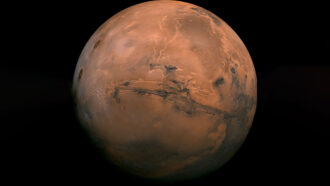 Planets
PlanetsLet’s learn about Mars
Traveling to Mars offers many challenges, including life without gravity, cosmic rays and communication delays.
-
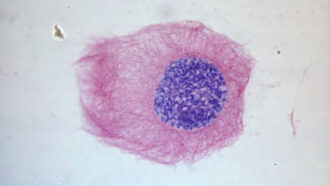 Microbes
MicrobesScientists Say: Nucleus
Nucleus comes from the Latin term “nuc,” meaning nut or kernel. In science there are lots of nuclei. Every one of them is the center of something.
-
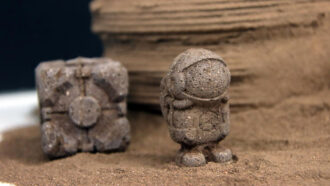 Materials Science
Materials ScienceAnalyze This: Insect shells could help builders on Mars
When mixed with rocky soil, a compound called chitin makes a strong material. It could be pulled from the shells of insects used for food.
-
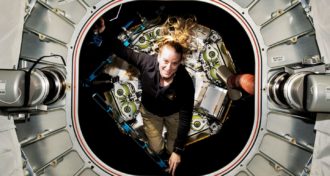 Space
SpaceSurviving Mars missions will take planning and lots of innovation
Astronauts that go to Mars will need protection from microgravity and radiation, plus mini-medical devices to diagnose problems and manage emergencies.
-
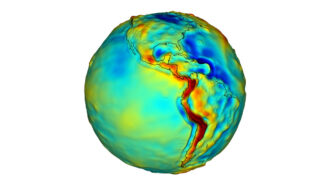 Space
SpaceScientists Say: Gravity
Gravity is a fundamental force that attracts objects with mass to other objects with mass. It decreases with distance.
-
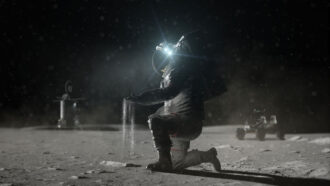 Tech
TechThis high-tech sweeper is designed for super-clingy moon dust
An electron beam is the newest tool being developed to remove sticky and damaging lunar dust from surfaces.
By Jack J. Lee -
 Physics
Physics2020 Physics Nobel goes for delving into black holes
Although Einstein’s general theory of relative suggested black holes might exist, this year’s winner’s helped show they actually are out there.
-
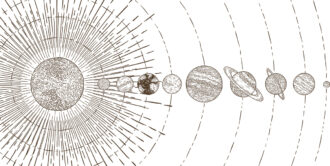 Science & Society
Science & SocietyScientists Say: Theory
A theory is an explanation of how part of the world works. It’s one that’s been tested many times and in many ways.
-
 Space
SpaceStrange but true: White dwarfs shrink as they gain mass
Telescope observations of thousands of these stars now confirm a decades-old theory on how their masses relate to their waistline.
-
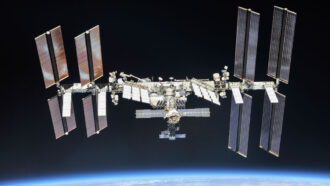 Life
LifeIf bacteria stick together, they can survive for years in space
Tiny clumps of bacteria can survive at least three years in outer space. This raises the prospect of interplanetary travel by microbial life.
-
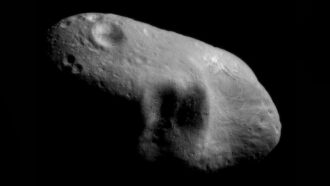 Space
SpaceScientists Say: Asteroid, meteor and meteorite
Asteroids, meteors and meteorites are all space rocks. But one is in orbit, another is in the atmosphere and the third is on the ground on Earth.
-
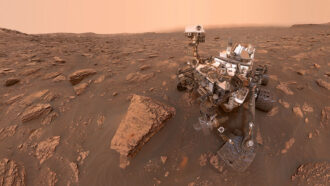 Tech
TechLet’s learn about space robots
Space robots can take pictures of other planets, analyze samples of their surface and even peer into their interiors.